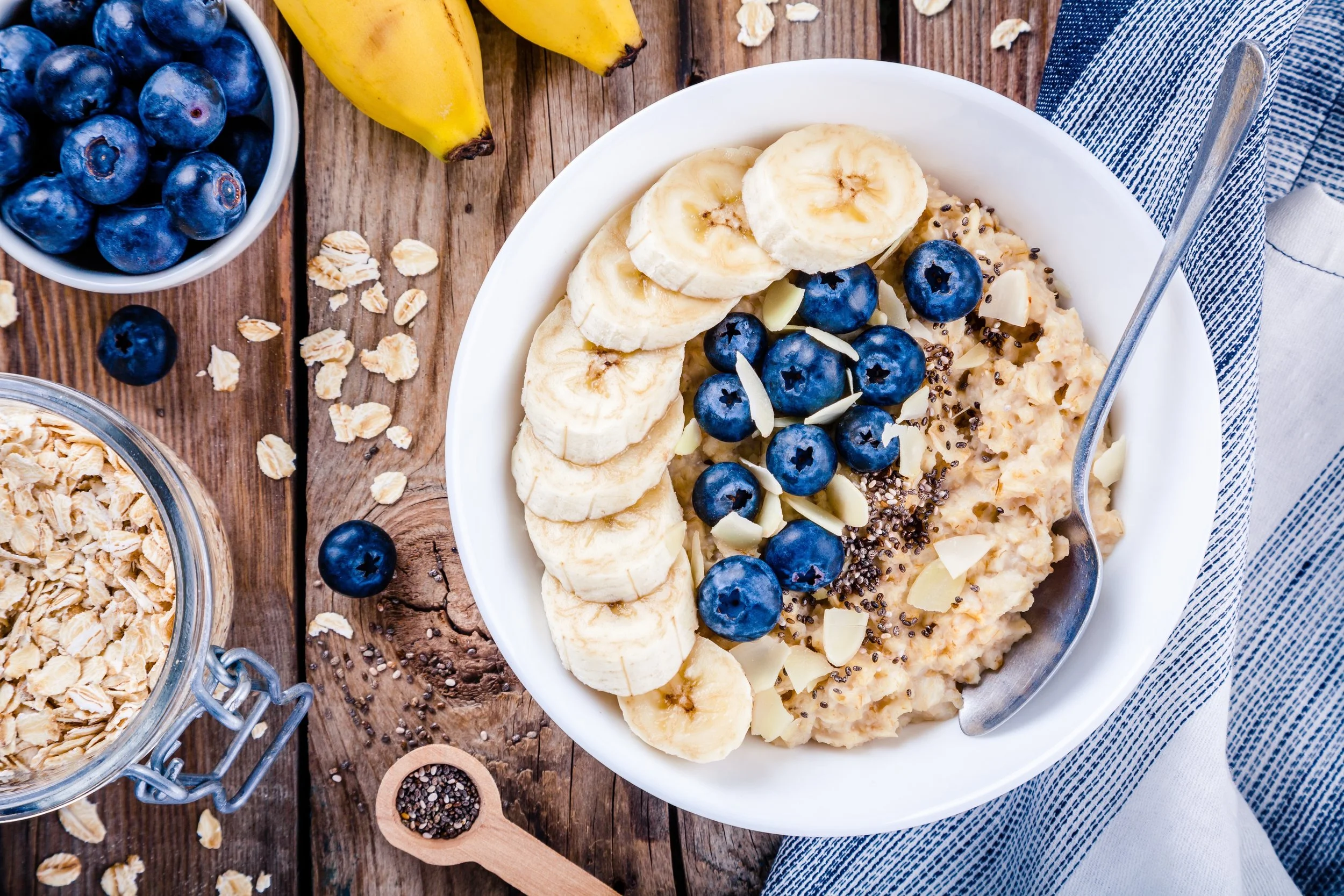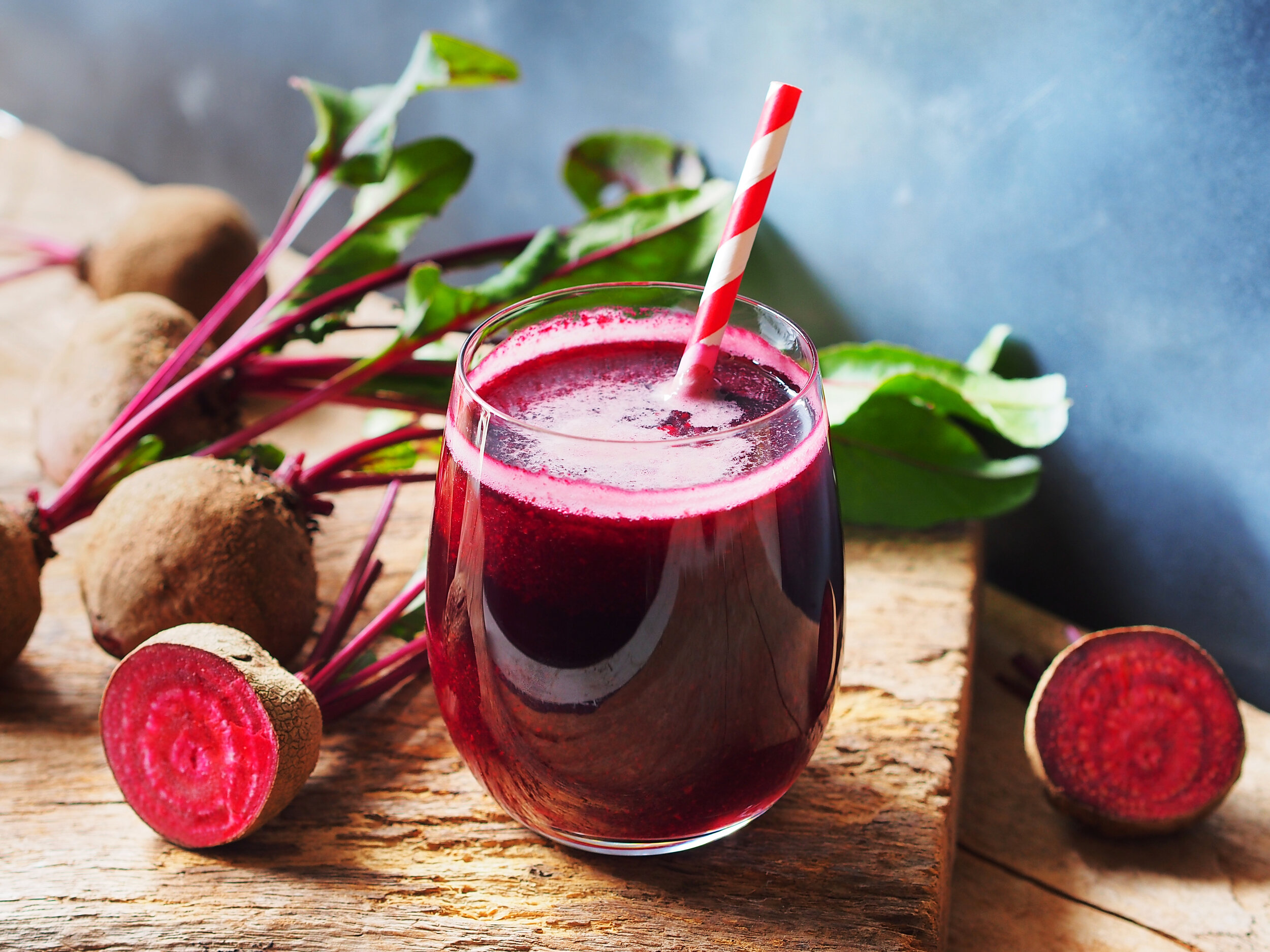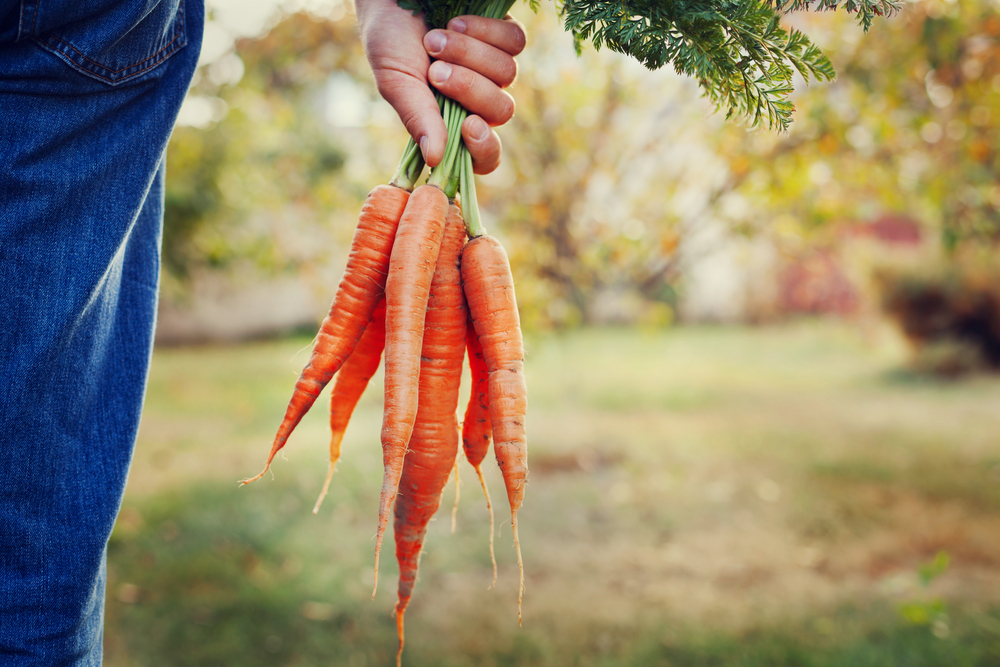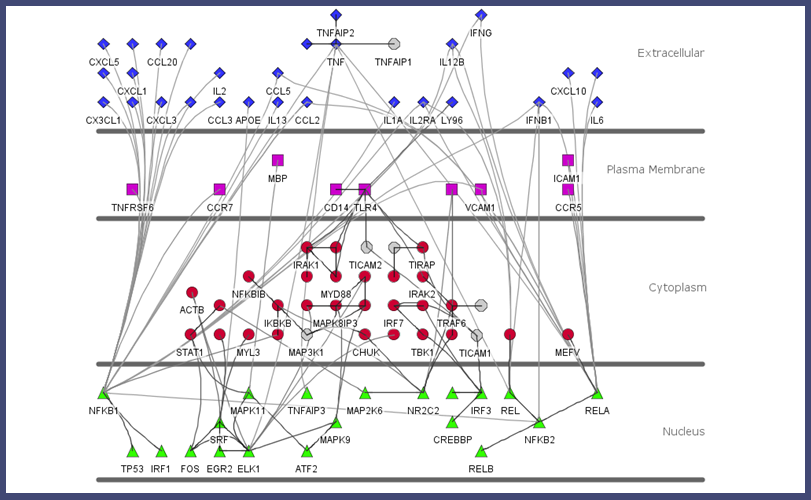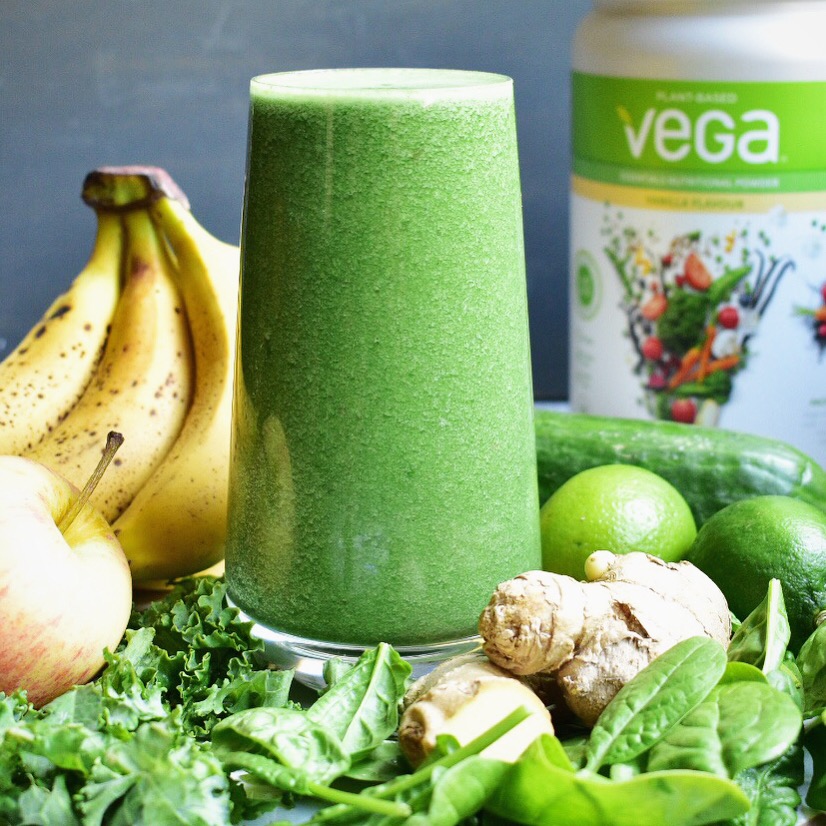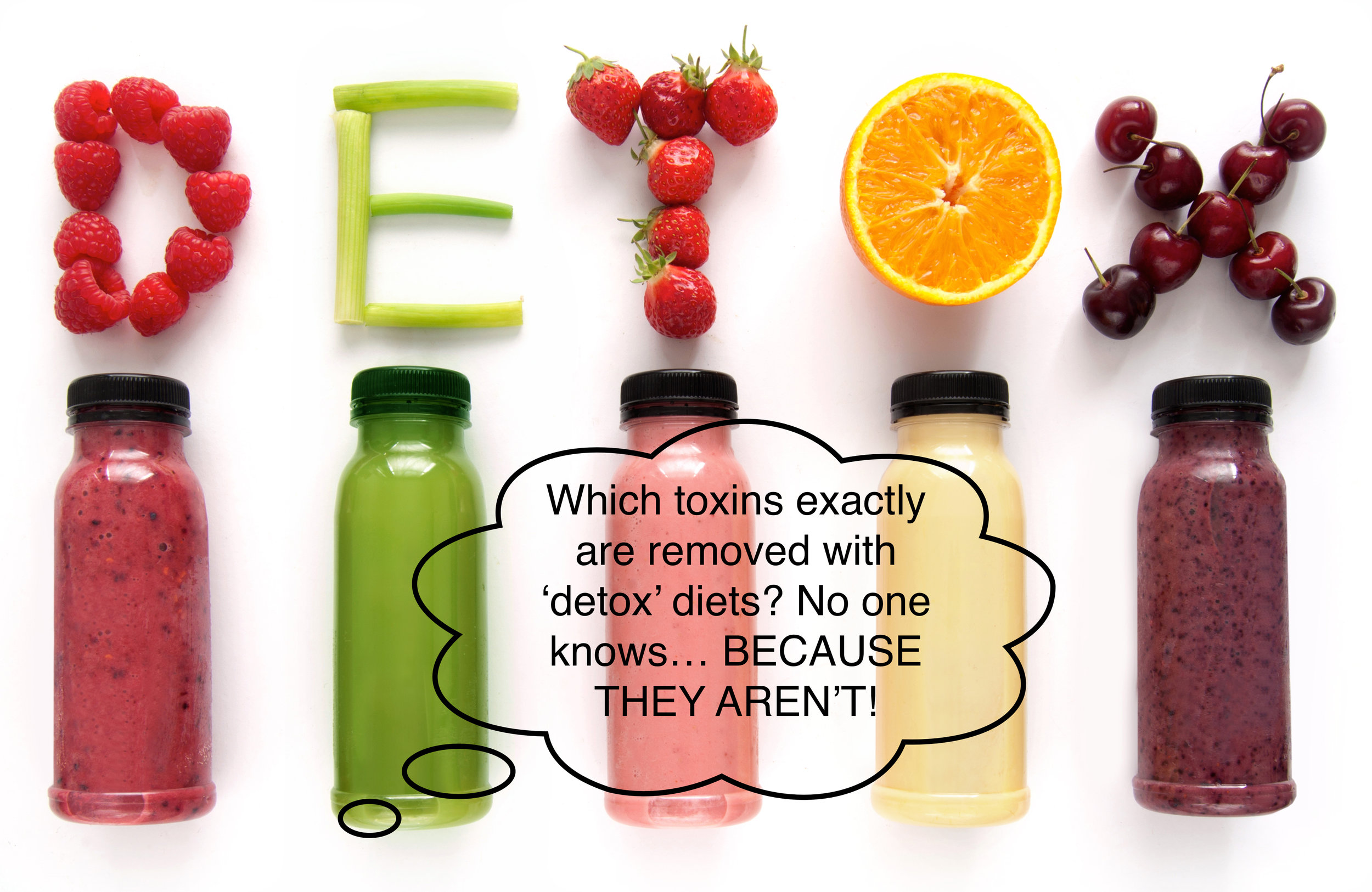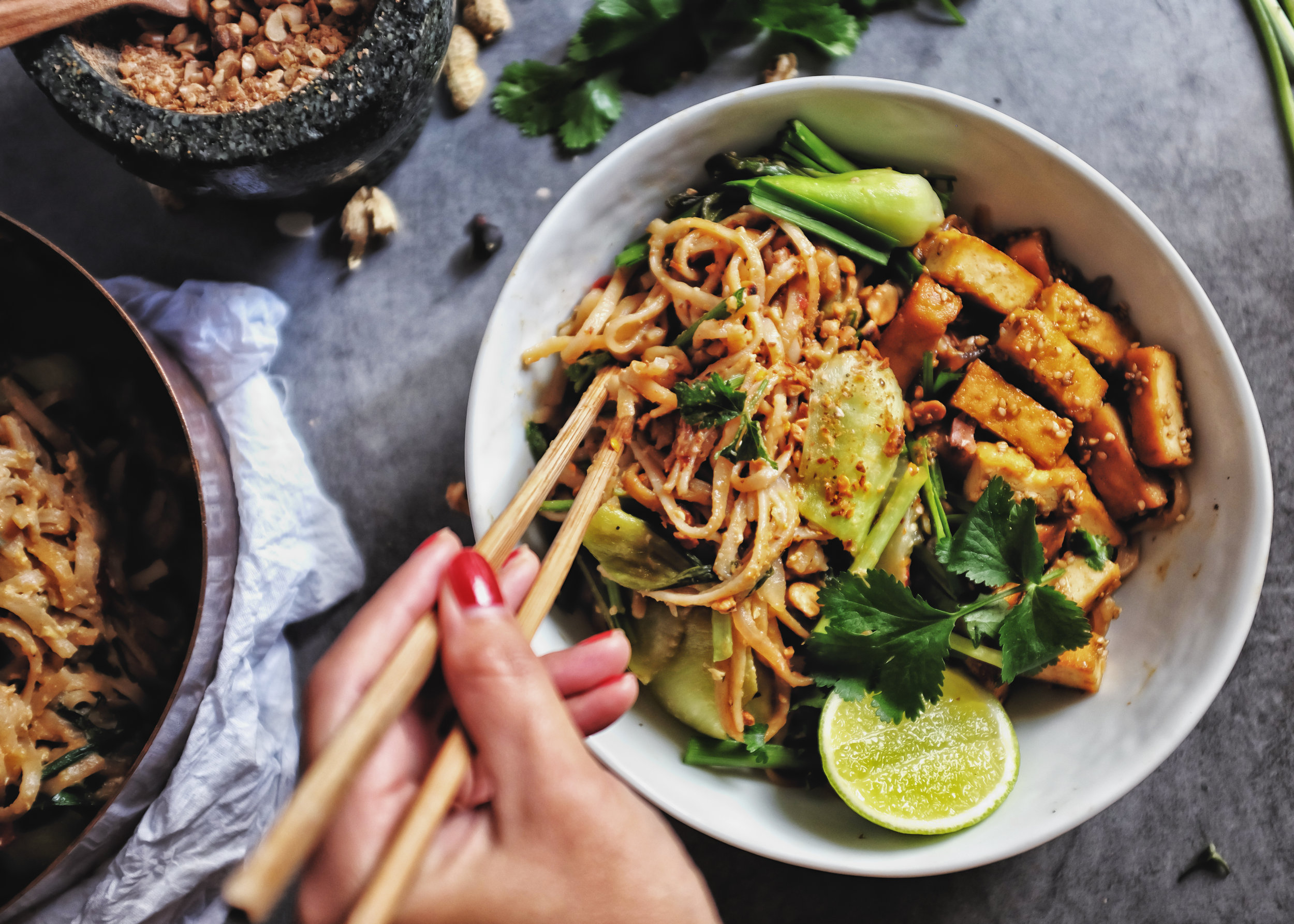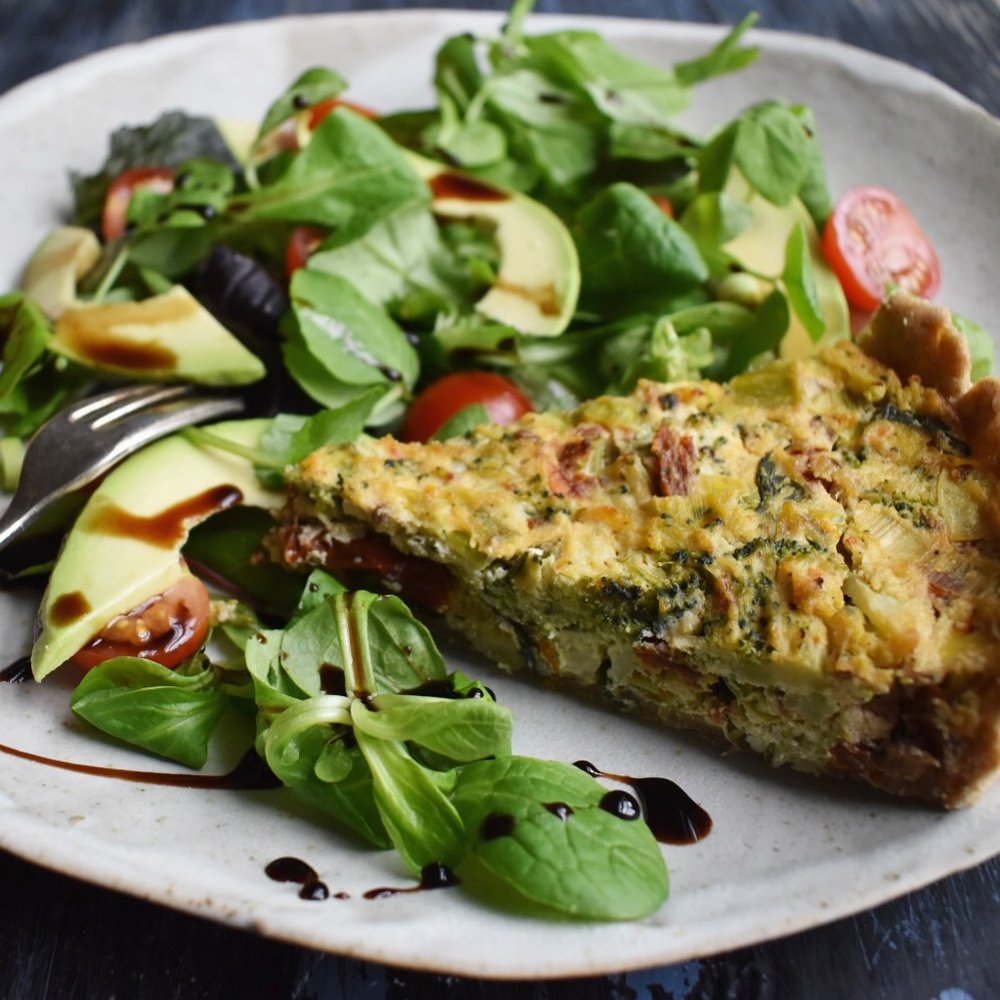For decades, breakfast has been hailed as “the most important meal of the day.” But in recent years, there has been a growing trend towards skipping breakfast – whether intentionally to promote weight loss, or simply out of habit (rushed mornings or low appetite sound familiar?).
But what’s the truth? Is skipping breakfast healthy – or are we missing out on something essential? Let’s break it down…
The Case For Skipping Breakfast
Skipping breakfast – intentionally or not – is increasingly common, especially among those following intermittent fasting schedules. Advocates say skipping breakfast can help reduce overall calorie intake, improve insulin sensitivity and support weight loss.
There is some evidence to support this too. For example, an analysis of 13 trials found that participants who were told to skip breakfast, on average, consumed 260 fewer total calories over the whole day and lost slightly more weight than those told to consume breakfast (1).
For some people – especially those who aren’t hungry in the morning – forcing down food might actually alter hormonal regulatory signals and disrupt their natural appetite cues (2).
An additional lure is that skipping breakfast saves time in the morning, which is very understandable, because who doesn’t want an extra few minutes in bed before work?
The Case Against Skipping Breakfast
While skipping breakfast may work for certain individuals, large-scale population studies tend to tell a different story. For instance, consistently skipping breakfast has been linked with higher risk of type 2 diabetes, increased cardiovascular disease risk, and reduced intake of essential nutrients like fiber, calcium, and iron (3-5).
Paradoxically, some studies even show that those who skip breakfast tend to have higher body weight, potentially caused by intense hunger leading to poor food choices later in the day (6).
But, these studies are correlational – not causal – and breakfast skipping is often linked with other behaviors (e.g., smoking, poor diet quality, low physical activity). When controlling for these confounding factors, the association between breakfast skipping and weight gain often disappears.
Skipping breakfast may prolong the overnight fast too much for some people, leading to fatigue, irritability, or brain fog. Instead, eating in the morning can help to regulate circadian rhythms, stabilize blood sugar, and reduce cortisol levels after waking – key reasons why experts so often recommend eating breakfast.
An important (often overlooked) factor
An important factor that’s too often overlooked when it comes to deciding about breakfast is what – not when – to eat. Most people start the day with a low fibre, low protein breakfast that is based mostly on simple carbohydrates – think white toast, sugary cereals or pastries washed down with fruit juice (7).
This kind of breakfast can cause a rapid spike in blood glucose, followed by a sharp drop as insulin kicks in – leading to an energy "crash" mid-morning. Without fiber or protein to slow digestion, this quick rise and fall in blood sugar can trigger fatigue, irritability, and difficulty concentrating just a few hours later.
However, eating a balanced breakfast that contains whole grains, fresh fruit, healthy fats and a protein source like nuts, seeds, beans, tofu, soy milk, or a good quality protein powder is highly nutritious and helps to sustain the feeling of fullness for much longer.
So... Should I Eat Breakfast?
The real, honest answer is… it depends. If you’re genuinely not hungry in the morning and feel well throughout the day without eating early, there’s no strong reason to force breakfast – especially if your overall diet is balanced and nutritious.
But for many people, eating a well-composed breakfast can improve energy levels, support stable blood sugar, reduce cravings later in the day, and even enhance cognitive function. The key takeaway isn’t that breakfast is inherently good or bad – it’s that what you eat matters more than when. So if you do eat breakfast, aim for one that prioritizes fiber, protein, and whole foods to set you up for a strong start to the day.
References:
Sievert, K., Hussain, S. M., Page, M. J., Wang, Y., Hughes, H. J., Malek, M., & Cicuttini, F. M. (2019). Effect of breakfast on weight and energy intake: systematic review and meta-analysis of randomised controlled trials. BMJ (Clinical research ed.), 364, l42. https://doi.org/10.1136/bmj.l42
Van Dyke, N., & Drinkwater, E. J. (2014). Relationships between intuitive eating and health indicators: literature review. Public health nutrition, 17(8), 1757–1766. https://doi.org/10.1017/S1368980013002139
Bi, H., Gan, Y., Yang, C., Chen, Y., Tong, X., & Lu, Z. (2015). Breakfast skipping and the risk of type 2 diabetes: a meta-analysis of observational studies. Public health nutrition, 18(16), 3013–3019. https://doi.org/10.1017/S1368980015000257
Ofori-Asenso, R., Owen, A. J., & Liew, D. (2019). Skipping Breakfast and the Risk of Cardiovascular Disease and Death: A Systematic Review of Prospective Cohort Studies in Primary Prevention Settings. Journal of cardiovascular development and disease, 6(3), 30. https://doi.org/10.3390/jcdd6030030
Fanelli, S., Walls, C., & Taylor, C. (2021). Skipping breakfast is associated with nutrient gaps and poorer diet quality among adults in the United States. Proceedings of the Nutrition Society, 80(OCE1), Article E48. https://doi.org/10.1017/S0029665121000495
Wicherski, J., Schlesinger, S., & Fischer, F. (2021). Association between Breakfast Skipping and Body Weight-A Systematic Review and Meta-Analysis of Observational Longitudinal Studies. Nutrients, 13(1), 272. https://doi.org/10.3390/nu13010272
Mamerow, M. M., Mettler, J. A., English, K. L., Casperson, S. L., Arentson-Lantz, E., Sheffield-Moore, M., Layman, D. K., & Paddon-Jones, D. (2014). Dietary protein distribution positively influences 24-h muscle protein synthesis in healthy adults. The Journal of nutrition, 144(6), 876–880. https://doi.org/10.3945/jn.113.185280

